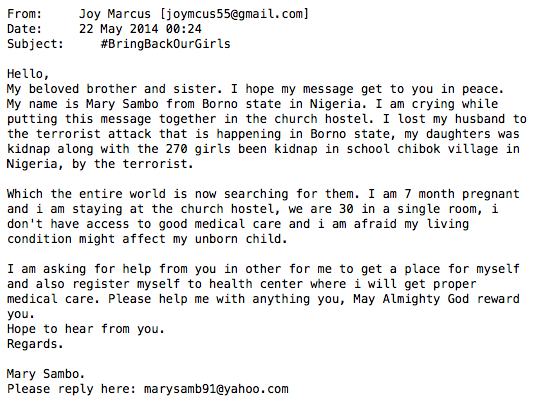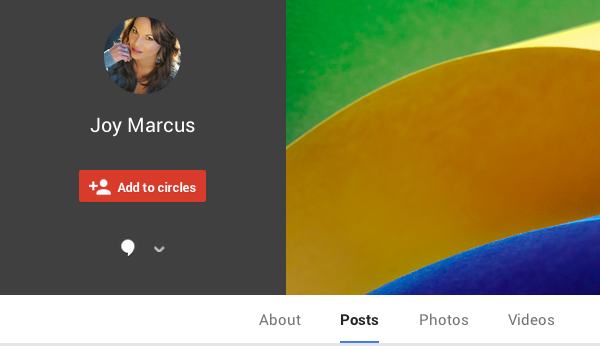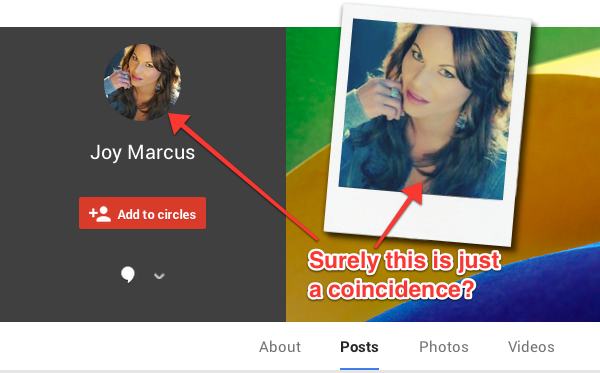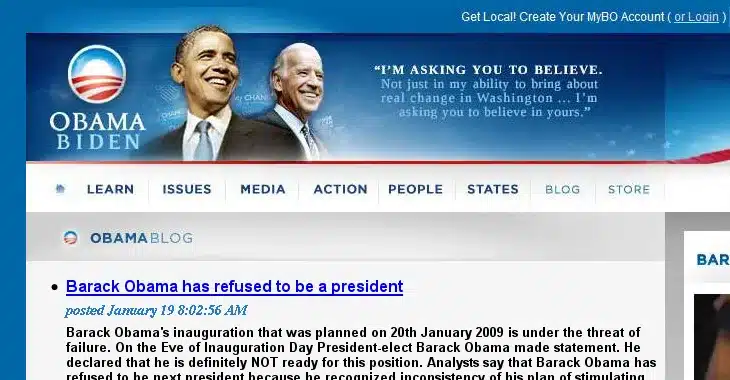 Last month, more than 200 innocent schoolgirls were seized in the north-eastern Nigerian state of Borno. To this day, many of them are believed to still be being held captive by members of the Boko Haram group.
Last month, more than 200 innocent schoolgirls were seized in the north-eastern Nigerian state of Borno. To this day, many of them are believed to still be being held captive by members of the Boko Haram group.
Public awareness of the horrific situation rose after the #BringBackOurGirls hashtag was spread widely via social media, with celebrities and famous figures like Michelle Obama joining the online campaign.
But it’s not just well-intentioned individuals who are using the hashtag. As security researcher Conrad Longmore reports, the news story is also being exploited by scammers attempting to defraud you.
Here is an example of a scam email that has been spammed out:

Part of the message reads:
My name is Mary Sambo from Borno state in Nigeria. I am crying while putting this message together in the church hostel. I lost my husband to the terrorist attack that is happening in Borno state, my daughters was kidnap along with the 270 girls been kidnap in school chibok village in Nigeria, by the terrorist.
Which the entire world is now searching for them. I am 7 month pregnant and i am staying at the church hostel, we are 30 in a single room, i don’t have access to good medical care and i am afraid my living condition might affect my unborn child.
I am asking for help from you in other for me to get a place for myself and also register myself to health center where i will get proper medical care. Please help me with anything you, May Almighty God reward you.
There are a number of elements here which should instantly raise your suspicions – not least that the email claims to have been sent from a Gmail address, but asks you to respond to one hosted by Yahoo.
But more than that, Longmore discovered that the Gmail address has a Google Plus account associated with it.

I’ll let you decide if that looks like the photograph of a seven-month pregnant Nigerian woman who has had her daughters kidnapped.
Longmore noticed that the picture passes an eerie similarity to that of actress/model Yvette Fintland.

There are a few possibilities here:
- Actress Yvette Fintland offered the grieving Nigerian mother use of her email account in order to send out the spam messages, and for reasons best known to herself has decided to call herself Joy Marcus on Google Plus.
- Actress Yvette Fintland and the Nigerian woman were separated at birth. Clearly one is doing a bit better than the other.
- Actress Yvette Fintland isn’t aware of any of this, and a Nigerian scammer is using both her image and the story of the kidnapped girls in an attempt to defraud kind-hearted internet users.
It is left as an exercise to the reader to decide which is the most likely scenario.



Is there no limit to the depths that people will sink to?
20+ years of experience with security tells me you don't want to know that. Trust me – it's just better that way. In other words: there is no limit, no. Sad as it may be. Even those (like me) who have seen, heard, …, it all, know that there are always going to be mutations and new ways of abusing [whatever] as it comes along. I'm not at all surprised though in the (potential) irony here (so it isn't ironic I guess): Nigeria is often the source of scams, so this is especially interesting (I have to guess it is from Nigeria, as in if you traced the headers, it would indicate Nigera. It would be ironic if it was NOT sent directly from Nigeria, though). Shortly: where even one person can be scammed (especially if sent to thousands+) there is going to be a scammer and it doesn't matter how low it is; it WILL happen.